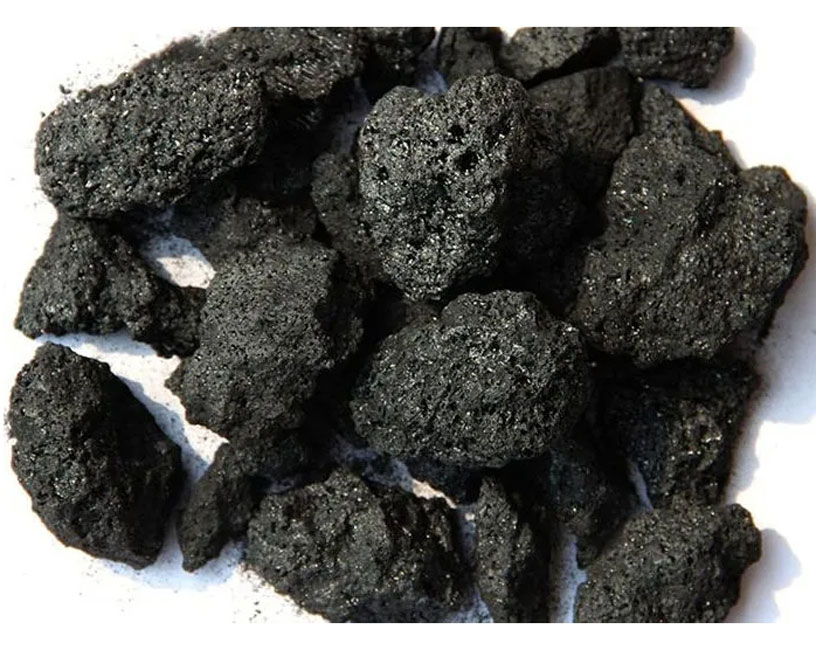
Petroleum coke is a carbon-based byproduct of refining oil that has a wide range of industrial applications. It is utilized in the production of graphite electrodes as well as a fuel in electric arc furnaces for steel production. It is also used in the manufacture of advanced materials, and serves as the raw material for many other carbon-based products. It is also used in the aluminum and metallurgical industries.
The type of petroleum coke that is used in different applications depends on the physical and quality of the coal. A variety of tests can be performed to determine the type and quality of the coal, including porosity, density and resistivity of pet coke. Chemical analysis can be conducted to determine the amount of sulfur, nitrogen and other impurities that are present in petroleum coke. These tests can be used to identify the kind of petcoke.

The main use of calcined coke is to produce graphite anodes which are used in the electrolysis process which converts alumina into aluminum. The quality of the coke calcined is essential for the effectiveness and purity of this process, as well as for the quality of the aluminum that is produced. In order to make high-quality graphite anodes, coke calcined needs to be screened to eliminate impurities and large particles that could affect the performance of the final anode. This screening can be done with a mechanical screen, or a high-efficiency finer-grinding roller mill (HEFG).
The quality of the calcined petroleum coke is essential to the steel industry as it is a vital raw material that is used in the manufacture of graphite electrodes for electric argon furnaces. Graphite electrodes are essential for the production of high-quality steel because they provide superior thermal stability and electrical conductivity. Calcined coke can also be used to create graphite-based brushes for electric generators and motors.
Calcined coke can also be utilized as a carbon-enhancing ingredient in precision casting and steelmaking, as an agent to reduce the amount of carbon in the foundry, as a reduction material in metallurgy and as a type of refractory. It is able to increase the ductility of grey cast iron and increase the quality of the melt.
Other important uses for calcined petroleum coke are in the manufacture of anode pastes to aid in electrolytic aluminum production as well as for carbonizing. These uses require top-quality coke with a high-quality amorphous structure. In the aluminum industry, calcined coke is also required for the manufacture of prebaked anodes and for anode linings. Graphite petroleum is also used to make anodes for electric batteries because it has excellent thermal and electrical conductivity as well as thermal stability. It also helps improve battery life by increasing anode energy density. This can lead to greater capacity and lower weight, resulting in improved battery performance and longevity.

Write a Message